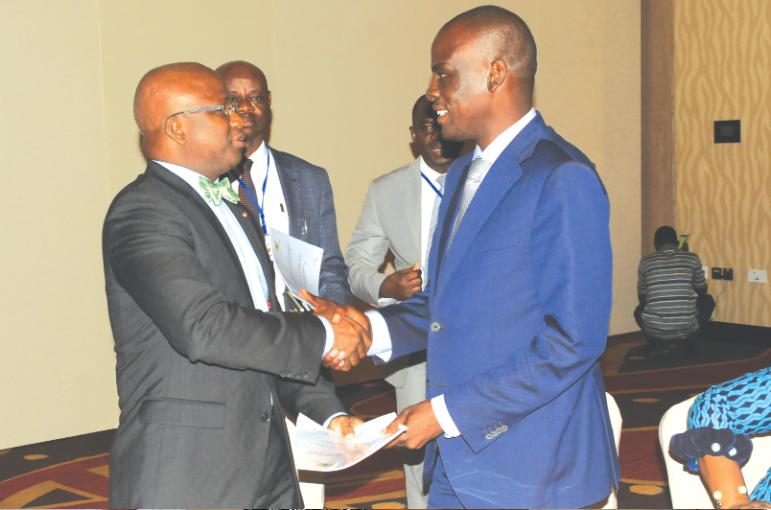
Ghana, Cote d’Ivoire agree to combat child trafficking, child labour
Ghana and Cote d’Ivoire have signed a bilateral agreement to combat child trafficking and the worst forms of child labour in the two countries.
Advertisement
The agreement is to establish a formal basis of cooperation between Ghana and Cote d’Ivoire on the fight against cross-border child trafficking and all forms of child labour.
In Ghana, four ministries, namely the Ministry of the Interior (MOI), the Ministry of Foreign Affairs and Regional Integration (MFARI), the Ministry of Gender, Children and Social Protection (MGCSP) and the Ministry of Employment and Labour Relations (MELR), will be working collaboratively to win the fight against the menace.
The Ministry of the Promotion of Women, Family and Child Protection (MPWFCP) in Cote d’Ivoire will be working with its counterparts in Ghana.
The agreement is premised on a joint declaration which was signed by the two First Ladies of Ghana and Cote I’Ivoire, Mrs Lordina Mahama and Mrs Dominique Ouattara, on September 13, 2016 in Abidjan.
The Agreement
At a ceremony in Accra where representatives of the two countries initiated the agreement, the Director for Special Duties at the MELR, Mr Robert Patrick Ankobia, said child labour and child trafficking were the worst forms of modern-day slavery threatening the socio-economic development of developing countries.
“The phenomenon leads to the violation of human rights and attack on human dignity,” he said.
A representative of the Ministry of Foreign Affairs and Regional Integration, Mr Godwin Amonzem, said the agreement would help identify perpetrators and their accomplices and bring them to book to deter others.
“There will be no hiding place for perpetrators in the two countries. The two countries will be sharing information and will be publishing arrests and prosecution of perpetrators, while they monitor and evaluate their strategies,” he said.
Protecting the child’s rights
The Minister of Foreign Affairs and Regional Integration, Ms Hanna Tetteh, said the agreement would help protect, repatriate and re-integrate victims into family and society and expressed optimism that Ghana would be proactive and engage all stakeholders, including the security agencies and civil society organisations, to monitor and apprehend criminals and members of criminal groups to address the injustice meted out to victims.
“Cote d’Ivoire will also develop comprehensive strategies to see to the implementation of the agreement,” she added.
Child trafficking
The Minister of Gender, Children and Social Protection, Nana Oye Lithur, in a speech read on her behalf, said it had been identified that human trafficking and child labour was a lucrative business which perpetrators were ready to engage in to maintain their grip on the illegal trade.
Apart from the cross-border trafficking, she said, the concern of internal trafficking of children was predominant in Ghana where children were trafficked from rural to urban centres, between rural areas and along fishing and farming communities.
She said the ministry had collaborated with the Ministry of Justice for the creation of an inter-ministerial committee to fight the menace.
The ministry, she said, was currently working with the Ministry of Employment and Labour Relations to close down all unlicensed recruitment agencies which recruit people for non-existing jobs abroad.
Ending the menace
Cote d’Ivoire’s Minister of Employment and Social Protection, Mr Mousa Dosso, said despite numerous efforts to curb the menace, it had been on the increase in the two countries.
The agreement, he said, “ is a commitment to implement concrete actions and we are happy the international labour organisation and UNICEF are supporting our actions to curb the plague.”
The Minister of Employment and Labour Relations, Mr Haruna Iddrisu, said child trafficking was predominant because of the low risk of arrest and the lack of commitment to address the situation.



